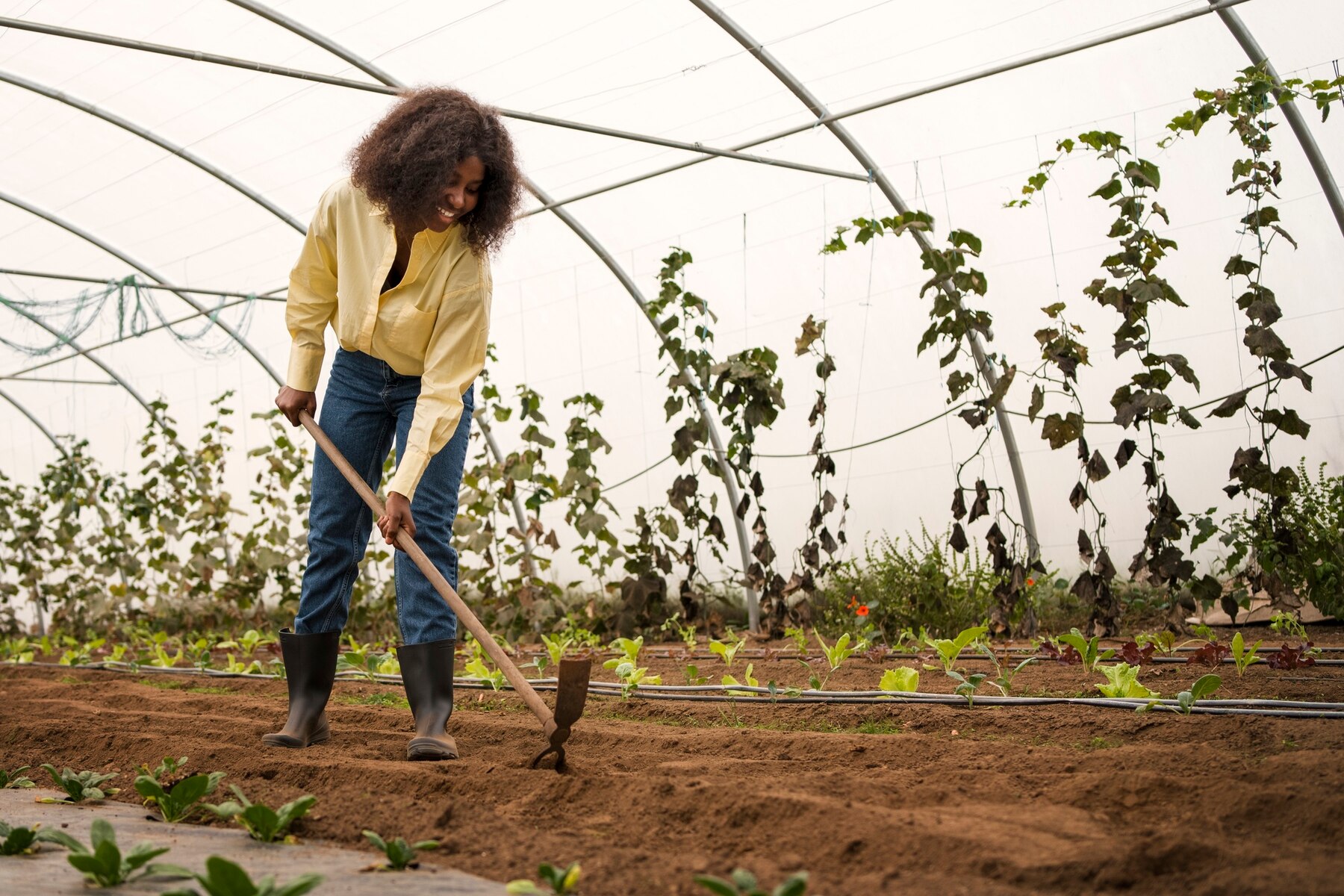As the global population continues to grow, the demand for fresh, high-quality produce also increases. Sustainable farming is one of the key solutions to meeting this growing demand while protecting the environment and ensuring long-term agricultural productivity. In the food industry, sustainable farming practices are gaining traction due to their ability to maintain soil health, reduce water consumption, and minimize the use of harmful chemicals.
What Is Sustainable Farming?
Sustainable farming refers to agricultural practices that focus on producing food in ways that preserve the environment, promote animal welfare, and support fair wages for farmers. These practices include using organic fertilizers, crop rotation, and integrated pest management to reduce reliance on synthetic inputs and harmful chemicals. The ultimate goal is to create a system that can continue to produce food over the long term without damaging natural resources.
Key Benefits of Sustainable Farming
Sustainable farming offers numerous benefits to both the environment and the food industry. These include:
- Soil Health: By avoiding the overuse of chemical fertilizers and adopting techniques such as cover cropping and composting, sustainable farming helps maintain healthy soils. Healthy soil improves crop yields and reduces the need for artificial additives.
- Water Conservation: Many sustainable farms use water-efficient techniques such as drip irrigation or rainwater harvesting. These practices help conserve water in regions where this resource is scarce.
- Reduction of Chemical Use: Sustainable farming minimizes the use of synthetic pesticides and herbicides, reducing chemical runoff into nearby ecosystems and promoting cleaner air and water.
Sustainable Farming’s Role in the Food Industry
The food industry is increasingly recognizing the value of sustainable farming, not just for its environmental benefits, but also for meeting consumer demand for healthier and ethically produced food. Major retailers and distributors are now seeking out sustainably farmed produce to offer to their customers, leading to growth in the market for organic and sustainably sourced products.
Supporting Local Farmers
Sustainable farming often involves working with small-scale, local farmers who practice responsible agriculture. By supporting these farmers, the food industry helps strengthen local economies and provide consumers with access to fresher, more nutritious produce.
Conclusion
As the global food industry evolves, sustainable farming will play an essential role in providing high-quality, healthy food while safeguarding the environment. By reducing the need for chemicals, conserving water, and supporting local communities, sustainable farming practices are setting a new standard for agricultural productivity.

